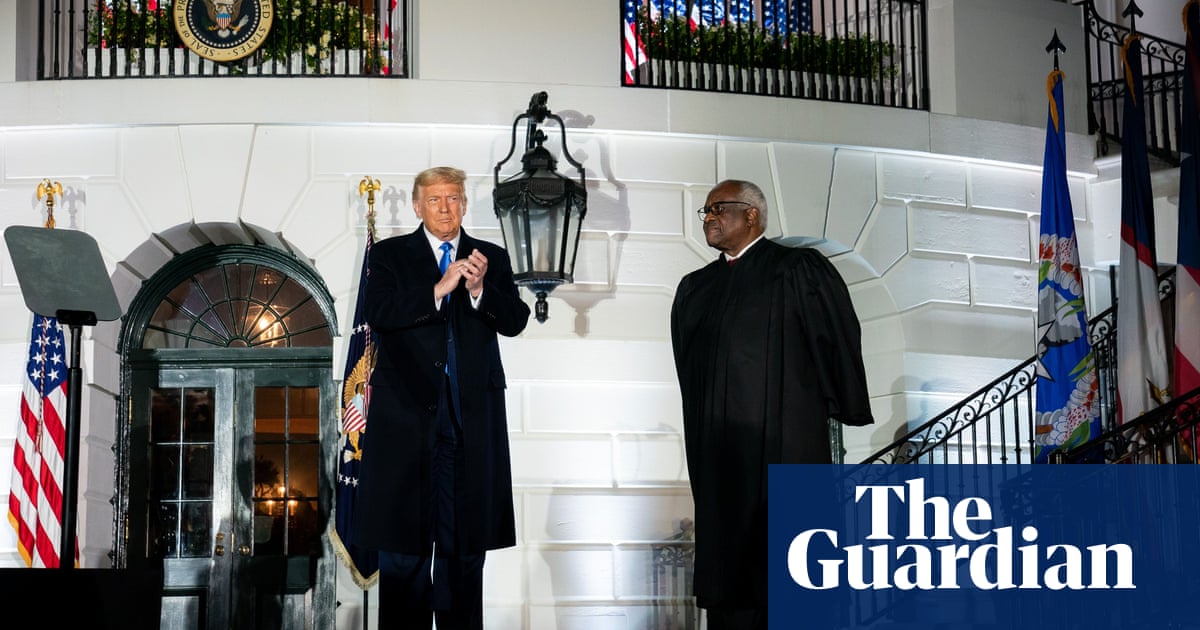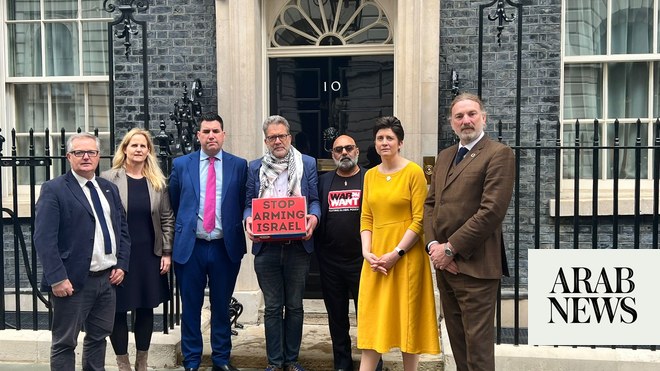
A US government watchdog investigation into the “emergency” sale of more than $8bn in weapons to Saudi Arabia and its Gulf allies has found the state department failed to “fully assess” or mitigate the risk of civilian casualties in Yemen.
The report by the state department’s Office of Inspector General (OIG) found that Mike Pompeo had acted within the law in May 2019 by authorizing the sales of bombs and other arms through an emergency declaration, bypassing congressional opposition.
But the report noted that the relevant law, the Arms Export Control Act (AECA), gives the executive the right to define what constitutes an “emergency”, so the investigators did not look into whether the declaration was justified, “nor did OIG make any assessment of the policy decisions underlying the arms transfers and the associated emergency”.
State department officials took the unusual step of briefing the press the day before the report was issued, portraying it as a vindication of Pompeo and the arms sales to Saudi Arabia and the United Arab Emirates. They also claimed the overall conclusion was not affected by Donald Trump’s dismissal, at Pompeo’s urging, of the inspector general who launched the inquiry, Stephen Linick.
Linick had also opened investigations of Pompeo’s use of state department resources for personal errands. He was succeeded in May by a veteran diplomat, Stephen Akard, who abruptly announced his own resignation, last week.
The report found that the “OIG found the Department did not fully assess risks and implement mitigation measures to reduce civilian casualties and legal concerns associated with the transfer of PGM’s [precision guided munitions] included in the Secretary’s May 2019 emergency certification”.
The report also found that the state department had been selling PGM’s in component parts, so that each individual transfer fell below the threshold requiring congressional approval. There were “4,221 below-threshold arms transfers involving Saudi Arabia and the United Arab Emirates, with an estimated total value of $11.2bn since January 2017,” the OIG said.
Pompeo had presented the emergency sales as being essential to contain Iranian “malign activity” through support of Houthis in Yemen. However the OIG found that most of the arms sales had not taken place by January 2020, in about half the cases because the receiving country had either rejected the sale or had yet to sign a letter of acceptance.
In response, R Clarke Cooper, the assistant secretary for political-military affairs, said more of the emergency sales had gone through since the beginning of the year.
The UK defense ministry disclosed in May it had logged more than 500 Saudi air raids in possible breach of international law in Yemen.
William Hartung, the director of the arms and security program at the Center for International Policy, said the OIG had dodged its responsibility by not ruling on the legality of Pompeo’s emergency declaration.
“If the OIG is to be believed, when it comes to arms sales the president can ultimately do what he wants when he wants to – a position that violates the spirit and letter of current law,” Hartung said. “All in all a disgraceful abuse of executive authority that calls for a strong congressional response, including more rigorous legal strictures on the executive branch’s powers to approve and evaluate arms sales.”












